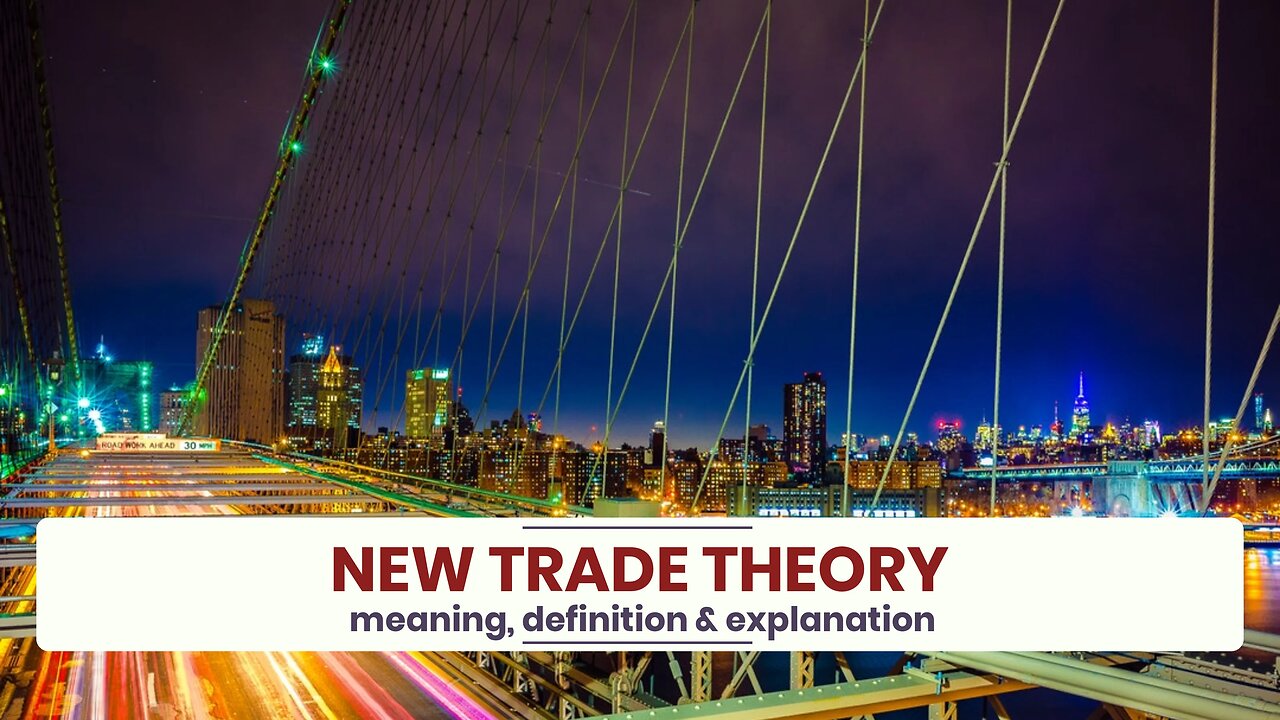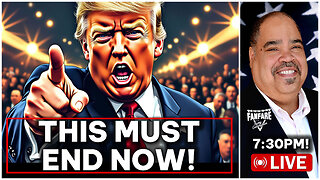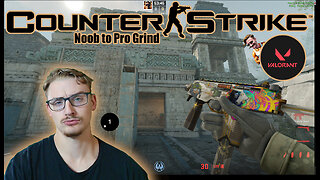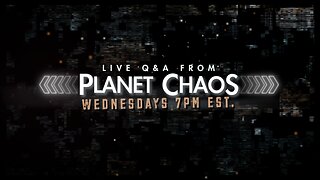Premium Only Content

What is NEW TRADE THEORY?
✪✪✪✪✪
http://www.theaudiopedia.com
✪✪✪✪✪
What does NEW TRADE THEORY mean? NEW TRADE THEORY meaning - NEW TRADE THEORY definition - NEW TRADE THEORY explanation. What is the meaning of NEW TRADE THEORY? What is the definition of NEW TRADE THEORY? What does NEW TRADE THEORY stand for? What is NEW TRADE THEORY meaning? What is NEW TRADE THEORY definition?
New trade theory (NTT) is a collection of economic models in international trade which focuses on the role of increasing returns to scale and network effects, which were developed in the late 1970s and early 1980s.
New trade theorists relaxed the assumption of constant returns to scale, and some argue that using protectionist measures to build up a huge industrial base in certain industries will then allow those sectors to dominate the world market.
Less quantitative forms of a similar "infant industry" argument against totally free trade have been advanced by trade theorists since at least 1848.
The value of protecting "infant industries" has been defended at least since the 18th century; for example, Alexander Hamilton proposed in 1791 that this be the basis for US trade policy. What was "new" in new trade theory was the use of mathematical economics to model the increasing returns to scale, and especially the use of the network effect to argue that the formation of important industries was path dependent in a way which industrial planning and judicious tariffs might control.
The models developed predicted the national specialization-by-industry observed in the industrial world (movies in Hollywood, watches in Switzerland, etc.). The model also showed how path-dependent industrial concentrations can sometimes lead to monopolistic competition or even situations of oligopoly.
Some economists, such as Ha-Joon Chang, had argued that protectionist policies had facilitated the development of the Japanese auto industries in the 1950s, when quotas and regulations prevented import competition. Japanese companies were encouraged to import foreign production technology but were required to produce 90% of parts domestically within five years. Japanese consumers suffered in the short term by being unable to buy superior vehicles produced by the world market, but eventually gained by having a local industry that could out-compete their international rivals.
The econometric evidence for NTT was mixed, and highly technical. Due to the timescales required, and the particular nature of production in each 'monopolizable' sector, statistical judgements were hard to make. In many ways, the available data have been too limited to produce a reliable test of the hypothesis, which doesn't require arbitrary judgements from the researchers.
Japan is cited as evidence of the benefits of "intelligent" protectionism, but critics of NTT have argued that the empirical support post-war Japan offers for beneficial protectionism is unusual, and that the NTT argument is based on a selective sample of historical cases. Although many examples (like Japanese cars) can be cited where a 'protected' industry subsequently grew to world status, regressions on the outcomes of such "industrial policies" (which include failures) have been less conclusive; some findings suggest that sectors targeted by Japanese industrial policy had decreasing returns to scale and did not experience productivity gains.
The theory was initially associated with Paul Krugman in the late 1970s; Krugman claims that he heard about monopolistic competition from Robert Solow. Looking back in 1996 Krugman wrote that International economics a generation earlier had completely ignored returns to scale. "The idea that trade might reflect an overlay of increasing-returns specialization on comparative advantage was not there at all: instead, the ruling idea was that increasing returns would simply alter the pattern of comparative advantage." In 1976, however, MIT-trained economist Victor Norman had worked out the central elements of what came to be known as the Helpman–Krugman theory. He wrote it up and showed it to Avinash Dixit. However, they both agreed the results were not very significant. Indeed, Norman never had the paper typed up, much less published. Norman's formal stake in the race comes from the final chapters of the famous Dixit–Norman book.
James Brander, a PhD student at Stanford at the time, was undertaking similarly innovative work using models from industrial organisation theory—cross-hauling—to explain two-way trade in similar products.
-
 2:24
2:24
The Audiopedia
1 year agoWhat is AUSTERITY?
83 -
 LIVE
LIVE
Barry Cunningham
53 minutes agoBREAKING NEWS: PRESIDENT TRUMP THIS INSANITY MUST END NOW!
4,559 watching -
 LIVE
LIVE
Armadillofather
1 hour agoEspionage Action in the Den! | Metal Gear Solid Delta | You being here means so much!
26 watching -
 LIVE
LIVE
ABD
55 minutes agoCyberpunk 2077 | EP 2 - The Opening Act Pt.2 | 4K UHD
10 watching -
 11:11
11:11
Michael Button
8 hours agoMy Joe Rogan Experience: Behind the Scenes
171 -
 LIVE
LIVE
Charlotte Winslow
5 hours agoplaying GTA 5 for the First Time Ever in 2025 | OPEN WORLD WEDNESDAY
12 watching -
 LIVE
LIVE
Dragoon_B
2 hours agoDragoon - Counter Strike - Noob to Pro Grind
22 watching -
 8:26
8:26
WhaddoYouMeme
6 hours ago $0.02 earnedThe Internet Lied. He Just Destroyed His Life
1802 -
 DVR
DVR
The Mel K Show
2 hours agoLive Q&A with Mel K 8-27-25
8.21K3 -
 LIVE
LIVE
daniellesmithab
1 hour agoAlberta Next: Lloydminster Town Hall
21 watching